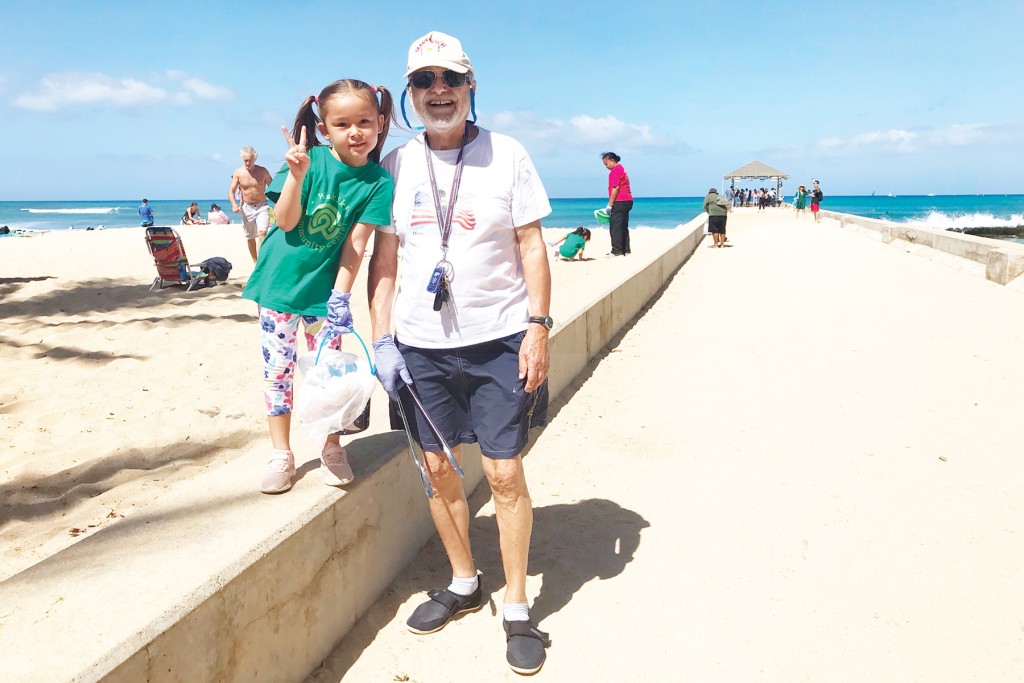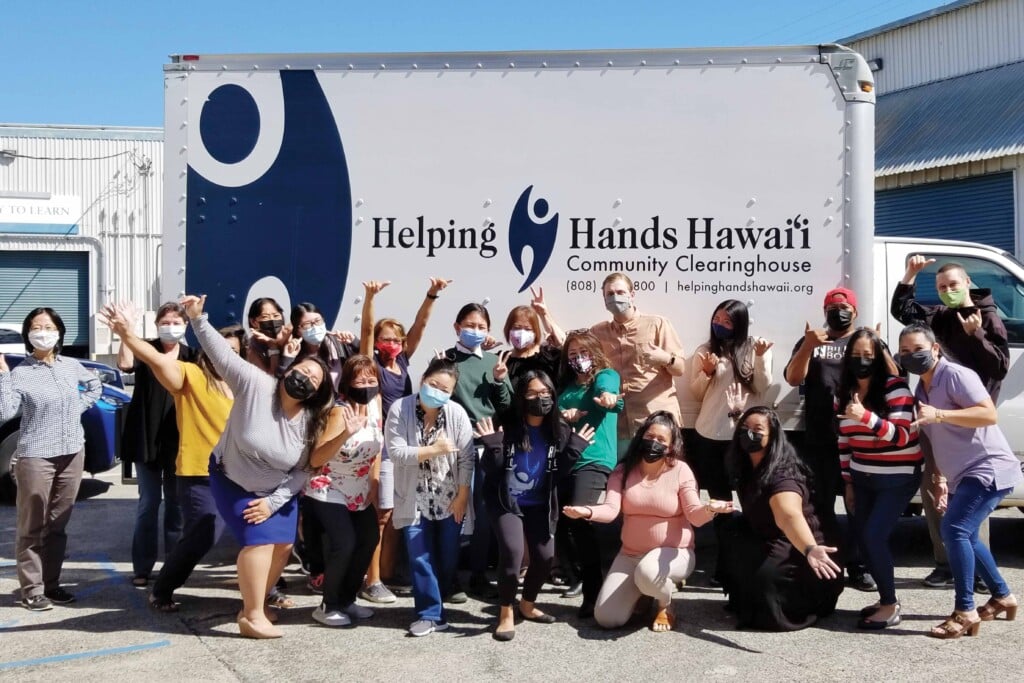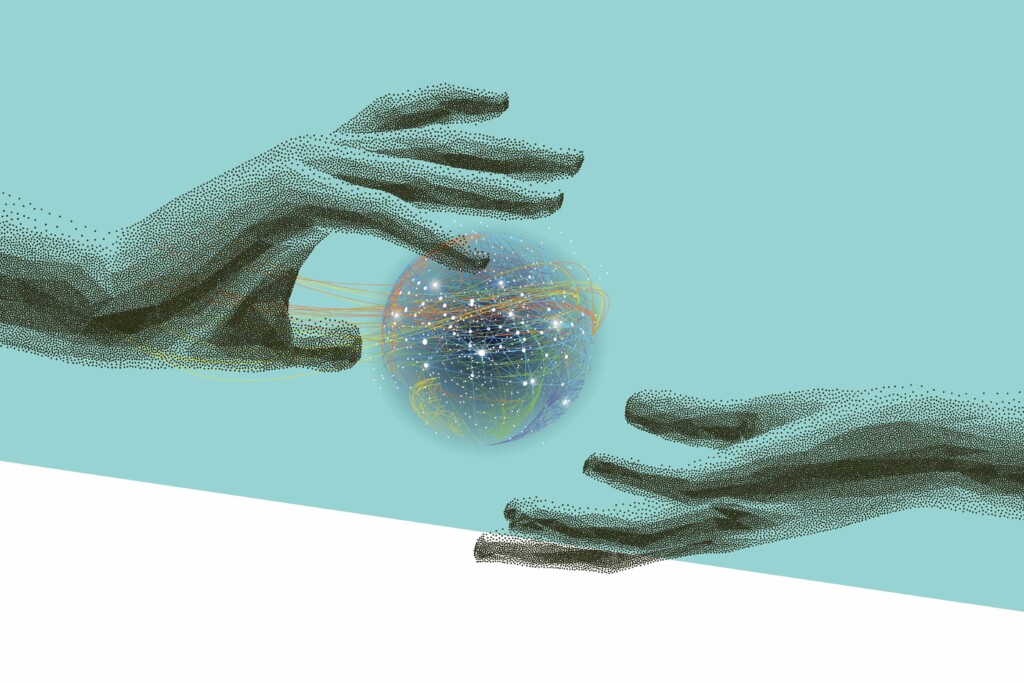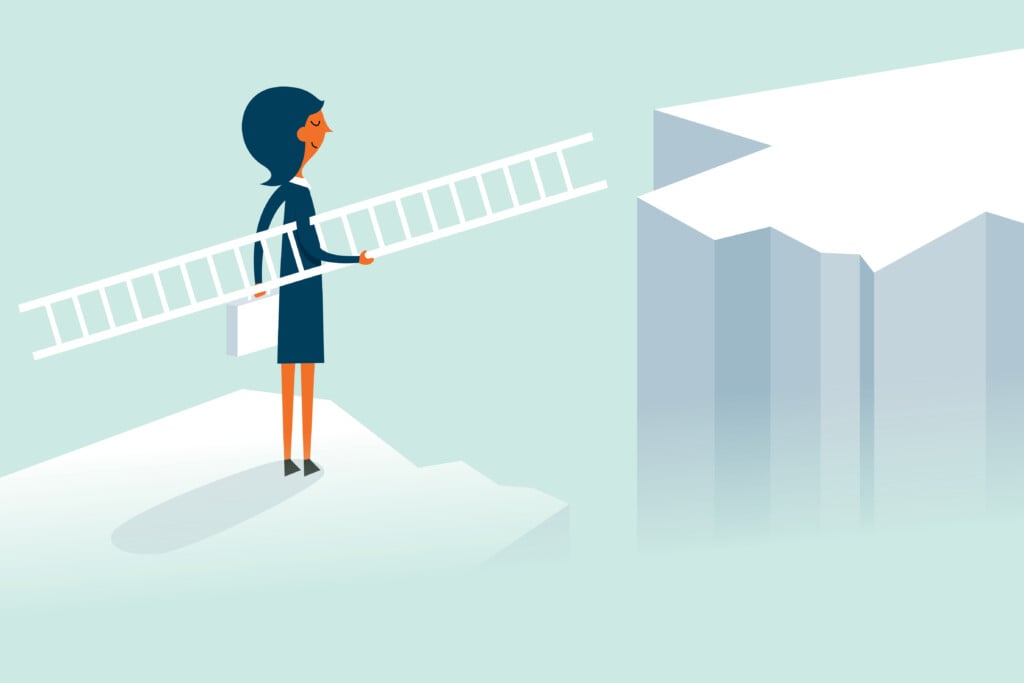Now Helping Everyone from Keiki to Kūpuna

Siletha Hubbard moved to Hawai‘i from North Carolina in 2014 to be closer to her daughter. Two years later the monthly rent on her Waikīkī apartment was raised by $400.
“I’m just living on Social Security. I have no pension,” says the 86-year-old retired nursing assistant. “I sold my family’s house in Cleveland, but after you pay all the bills there isn’t much left to live on.”
Through a brochure, the Caribbean native discovered the Waikīkī Community Center. “I applied to become a senior companion under their program and I was matched with Chieko Dobbs, who needed help caring for herself. Since I also needed a new place to stay, I ended up renting a room from her – what a lifesaver!”
But a second housing crisis for Hubbard developed in 2019, as Dobbs’ health worsened and she moved to California to be with her son.
“The Waikīkī Community Center helped me apply for new affordable housing at Hale Kewalo on Pi’ikoi Street,” Hubbard says. “They helped me move in, and they even helped me to apply for food stamps.
“I was so tired of moving and was so afraid I would end up homeless. Thank God for the Waikīkī Community Center! They are so nice and respectful. They don’t brush you off.”
Hubbard says she’s grateful for the assistance she’s received from WCC, so she tries to give back by helping the nonprofit with mailing labels or making ti leaf lei.
“I would recommend the center to others. They’re just like family to me.”
Started with Kūpuna and Keiki
The community nonprofit was founded in 1978 by concerned residents who saw a growing need for services for kūpuna and keiki, according to WCC’s president, Carolyn Hayashi. “They actually started with a senior program and a keiki preschool, which we still have in different forms.” Over the decades, the center has developed into a hub for social services and education.
“We have a wide range of families of socioeconomic diversity in our preschool, but we target low- to moderate-income families because our mission is to close the achievement gap between differing incomes. Research has shown over the years that one of the interventions that can close that gap is quality early education.”
Keiki Building Community is a unique service-learning program that builds upon the interests of the students. “We integrate real-world problems into the classroom curriculum,” Hayashi explains. “It’s age-appropriate. The students develop projects to address the problems – such as littering – and we ask the families to engage as well.”
WCC is one of 10 nonprofits that recently received grants from Aloha United Way to help those in the ALICE population – Asset-Limited, Income-Constrained, Employed. Its three-year grant of $75,000 a year will enhance the center’s job placement program for seniors.
“We were surprised at the extent to which seniors still wanted to work,” says Hayashi. “We have a lot of seniors in that ALICE category: They’re not in poverty – they have Social Security, but it’s not quite enough to meet all their basic needs.
“We talked to employers – they found seniors more dependable than Millennials.” Hayashi says WCC has partnered with over 25 employers, from nonprofits and caregivers to pet-sitting services, retailers, restaurants and the visitor industry.






